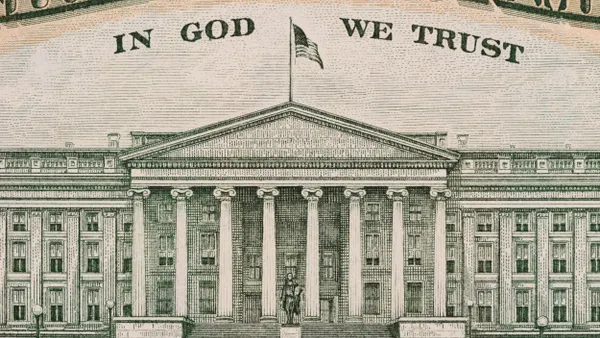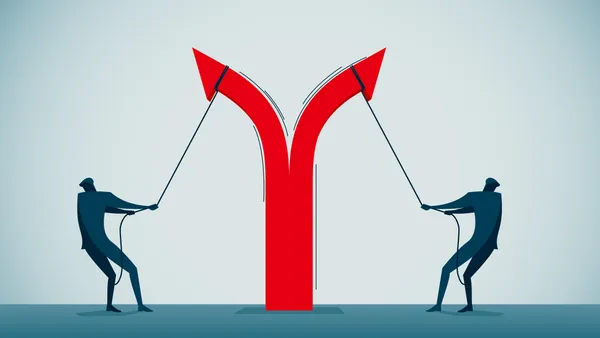As a critical U.S. Federal Reserve meeting got underway, the Labor Department reported Wednesday that consumer prices fell unexpectedly in August, possibly complicating the central bank’s decision whether to raise interest rates.
The Consumer Price Index slipped 0.1% as gasoline prices resumed their decline and a strong dollar curbed the cost of other goods. It was the first drop in the index since January, following a 0.1% increase in July.
“Signs of a disinflationary trend reasserting itself are in stark contrast with a fairly healthy economy and a rapidly tightening labor market, and highlight the dilemma Fed officials face as they contemplate raising interest rates for the first time in nearly a decade,” Reuters reported.
The Fed’s policy-setting committee began its two-day meeting Wednesday with consumer spending, housing and employment trends pointing toward a rate hike, but the case for higher borrowing costs being undermined by recent global financial markets turmoil.
“You can make a strong case either way for the Fed to begin raising interest rates or waiting,” said Ryan Sweet, a senior economist at Moody’s Analytics. “The prudent risk management approach would argue for them to hold off, but if the Fed was really data dependent there is a very a strong case to raise rates on Thursday.” xpage.co.nz auckland escort
The Fed’s preferred gauge of inflation, linked to consumer spending, hasn’t been above the central bank’s 2% target since March 2012. But Fed policymakers have said they expect inflation to return to their target as the drag from lower oil costs and the rising dollar eases.
“Inflation is still relatively muted,” Gregory Daco, head of U.S. macroeconomics at Oxford Economics USA in New York, told Bloomberg. “We continue to see pass-through from a strong dollar and low energy costs.”
Economists had forecast the CPI would be unchanged in August and would rise 0.2% from a year ago.
“I don’t think today’s CPI number really advances the debate on whether we are any closer to getting to that 2% target that the Fed is clearly focused on,” said Mike Moran, head of economic research for the Americas at Standard Chartered Bank in New York.












